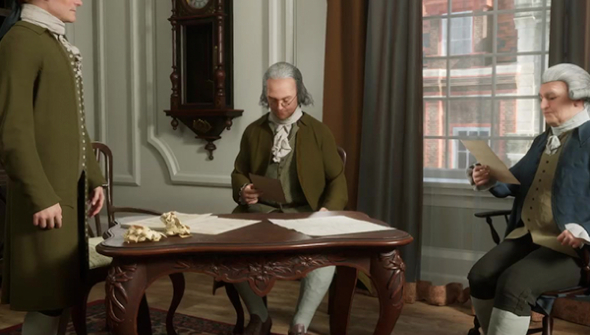
Following the ascendency and abuses of absolute monarchs in the 17th century, political pressure grew in support of ideas and mechanisms to protect individuals from tyrannical government. The authors, documents, and events that are the focus of this course help to characterize a transformation in thinking about government as in the service of the people, supported by reason and debate about rights and the role of the law in protecting them. We see authors like Milton provide arguments for freedom of speech grounded in values of truth and a just society. Legal theorist William Blackstone systematized British law, blending it with ideas about natural rights in a way that provided ready ammunition to American colonists. Founding documents and arguments from the American and French revolutionary experience, including Paine’s Common Sense, Jefferson’s Declaration, and the French Declaration of the Rights of Man and of the Citizen, justify and ground new governments in legal protections of rights. Throughout the course, students will track these claims to rights and the arguments they flow from and support, developing a deeper understanding of the contested complexity of the ideas of rights, equality, liberty, independence, and ‘the people’ at work in this period and still in our own.
Alan Taylor - University of Virginia
Anna Beer - University of Oxford, UK
Chloe Edmondson - Stanford University
Dan Edelstein - Stanford University
Darrin McMahon - Dartmouth College
Jack Rakove - Stanford University
Joe Moshenska - University of Oxford, UK
Mark Philp - University of Warwick, UK
Mary Sarah Bilder - Boston College Law School
Patrick Spero - American Philosophical Society
Wilfrid Prest - University of Adelaide, Australia
Milton: Areopagitica
Blackstone: Law of England
Jefferson: Declaration of Independence
Paine: Common Sense
Various: Declaration of the Rights of Man
James Muldoon, University of Exeter
Alan Taylor, University of Virginia